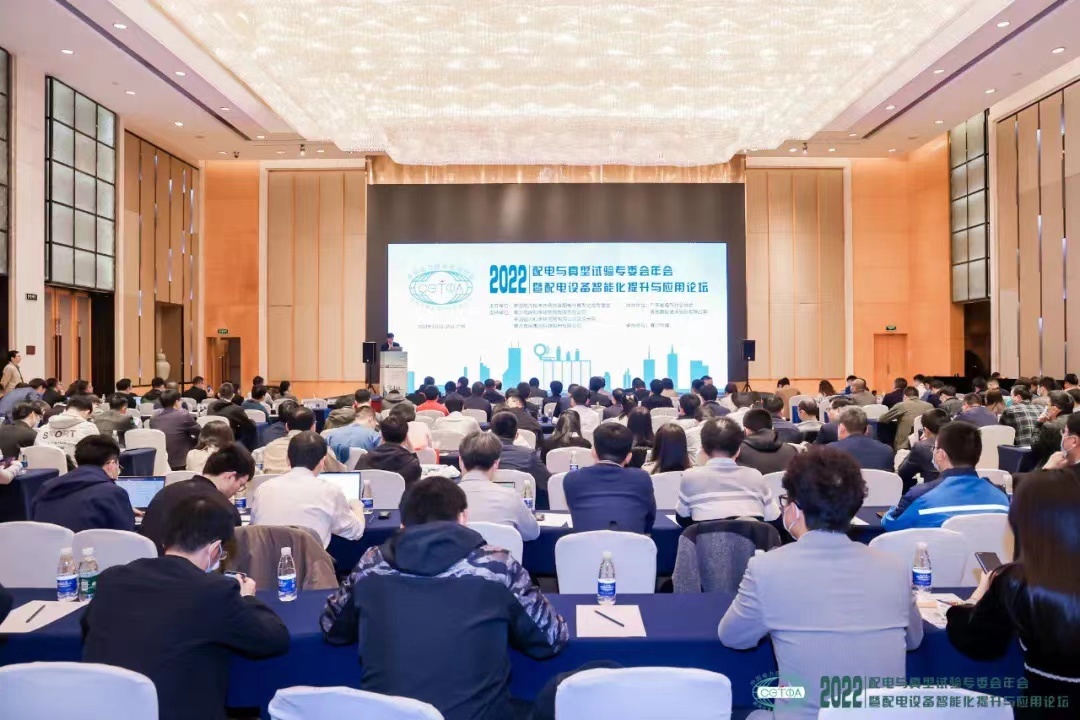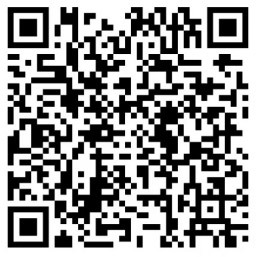13
2024
-
10
Understanding Single Phase Energy Meter Calibration: A Comprehensive Guide for Professionals
Author:
--- Single phase energy meter calibration is a critical process that ensures the accuracy and reliability of energy measurement in electrical systems. For professionals working in the electrical and instrumentation sectors, understanding this process is vital for maintaining efficient energy management and compliance with industry standards. Calibration of a single phase energy meter involves comp
---
Single phase energy meter calibration is a critical process that ensures the accuracy and reliability of energy measurement in electrical systems. For professionals working in the electrical and instrumentation sectors, understanding this process is vital for maintaining efficient energy management and compliance with industry standards.
Calibration of a single phase energy meter involves comparing the meter's readings against a known standard or reference. This process is essential because even slight inaccuracies can lead to significant discrepancies in energy billing and consumption data. Therefore, regular calibration is not just a best practice; it is a necessity for ensuring trustworthy performance across various applications.
The calibration process typically involves several key steps. First, the energy meter is removed from its installation point and connected to a calibration setup that includes a reference standard, such as a calibrated power source. The meter is then subjected to various load conditions, simulating actual operational scenarios. During these tests, the energy meter's readings are compared against the reference values to identify any discrepancies.
It is also crucial to document the calibration results meticulously. This documentation serves as a record of the meter's performance and is essential for quality assurance and compliance with regulatory requirements. Many industries have specific standards governing the calibration of energy meters, and adherence to these standards is critical for operational integrity.
In addition to ensuring accuracy, regular calibration of single phase energy meters can prolong their lifespan and enhance their performance. Meters that are not calibrated may experience drift over time due to wear, electromagnetic interference, or environmental factors, which can compromise their functionality. Consequently, implementing a routine calibration schedule can help mitigate these risks and ensure consistent performance.
Moreover, professionals should be aware of the signs that may indicate a need for calibration. These include unexpected spikes in energy consumption, discrepancies between estimated and actual energy usage, and irregular meter readings. Addressing these issues promptly through calibration can prevent potential financial losses and operational inefficiencies.
In conclusion, single phase energy meter calibration is a fundamental process that plays a pivotal role in energy management. By ensuring accurate measurements, professionals can facilitate better decision-making, optimize energy consumption, and adhere to compliance standards. Regular calibration not only enhances the performance and reliability of energy meters but also supports the overall integrity of electrical systems. As the industry continues to evolve, staying informed about calibration practices will be crucial for professionals seeking to maintain excellence in energy measurement.
Single phase energy meter calibration is a critical process that ensures the accuracy and reliability of energy measurement in electrical systems. For professionals working in the electrical and instrumentation sectors, understanding this process is vital for maintaining efficient energy management and compliance with industry standards.
Calibration of a single phase energy meter involves comparing the meter's readings against a known standard or reference. This process is essential because even slight inaccuracies can lead to significant discrepancies in energy billing and consumption data. Therefore, regular calibration is not just a best practice; it is a necessity for ensuring trustworthy performance across various applications.
The calibration process typically involves several key steps. First, the energy meter is removed from its installation point and connected to a calibration setup that includes a reference standard, such as a calibrated power source. The meter is then subjected to various load conditions, simulating actual operational scenarios. During these tests, the energy meter's readings are compared against the reference values to identify any discrepancies.
It is also crucial to document the calibration results meticulously. This documentation serves as a record of the meter's performance and is essential for quality assurance and compliance with regulatory requirements. Many industries have specific standards governing the calibration of energy meters, and adherence to these standards is critical for operational integrity.
In addition to ensuring accuracy, regular calibration of single phase energy meters can prolong their lifespan and enhance their performance. Meters that are not calibrated may experience drift over time due to wear, electromagnetic interference, or environmental factors, which can compromise their functionality. Consequently, implementing a routine calibration schedule can help mitigate these risks and ensure consistent performance.
Moreover, professionals should be aware of the signs that may indicate a need for calibration. These include unexpected spikes in energy consumption, discrepancies between estimated and actual energy usage, and irregular meter readings. Addressing these issues promptly through calibration can prevent potential financial losses and operational inefficiencies.
In conclusion, single phase energy meter calibration is a fundamental process that plays a pivotal role in energy management. By ensuring accurate measurements, professionals can facilitate better decision-making, optimize energy consumption, and adhere to compliance standards. Regular calibration not only enhances the performance and reliability of energy meters but also supports the overall integrity of electrical systems. As the industry continues to evolve, staying informed about calibration practices will be crucial for professionals seeking to maintain excellence in energy measurement.
single phase energy meter calibration
undefined













